Top 5 Web Development Framework in 2023
 Aman Yadav
Aman YadavTable of contents

Web development is the process of building and maintaining websites. It involves creating the front-end (client-side) and back-end (server-side) of a website. Web developers use a variety of programming languages and technologies to create websites and web applications that are functional, visually appealing, and easy to use.
The front end of a website is the part that users interact with and is responsible for the visual design and layout of a website. Front-end developers use languages such as HTML, CSS, and JavaScript to create the layout, design, and functionality of a website. They may also use front-end frameworks such as Angular, React, or Vue.js to simplify the development process and create more consistent and maintainable code.
The back end of a website is the part that interacts with the server and the database. Back-end developers use languages such as PHP, Ruby, Python, or JavaScript to create server-side scripts that interact with the database and handle user input. They also use back-end frameworks such as Express.js and Ruby on Rails to build web applications and APIs.
Web development also involves making websites responsive and accessible, testing and debugging code, and optimizing website performance. It is a constantly evolving field, and web developers must stay current with new technologies and best practices to create high-quality websites and web applications.
So, let's get started with the most used Frameworks of all time -
Angular:
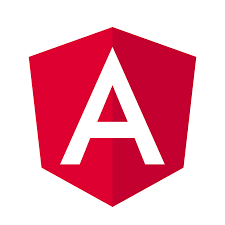
Angular is a popular open-source JavaScript framework for building dynamic web applications. It is developed and maintained by Google and is widely used for building large-scale, enterprise-level applications. Angular uses a component-based architecture and a powerful template language, making it easy to create reusable, maintainable, and testable code.
React:
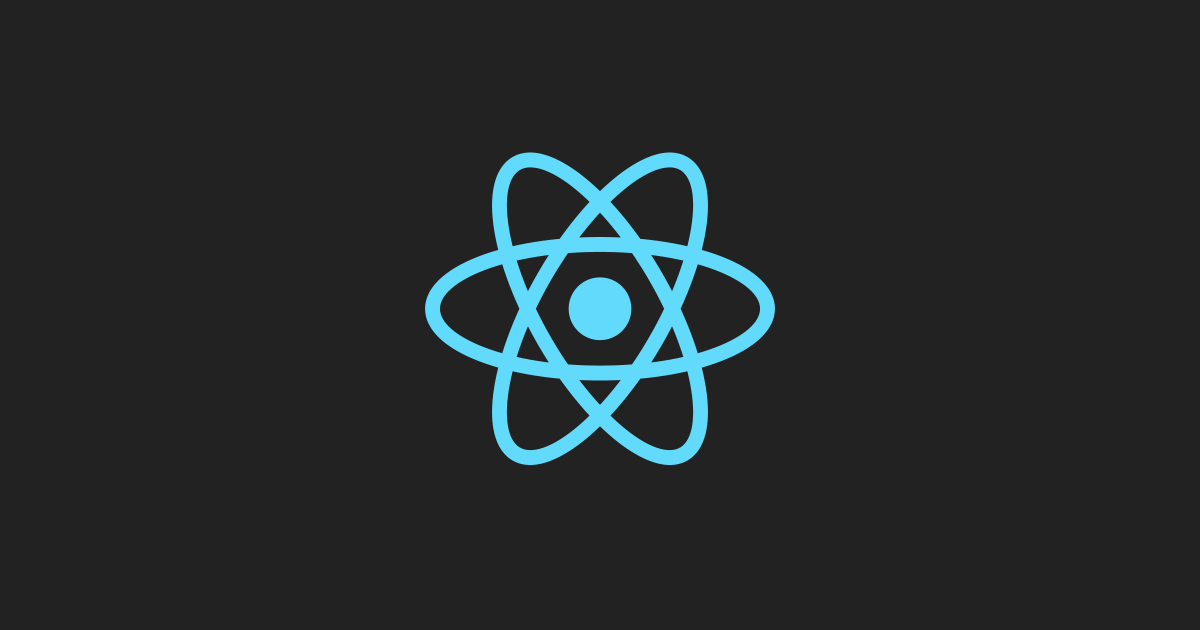
React is another popular JavaScript framework for building web applications. Developed by Facebook, it is widely used for building user interfaces and is particularly well-suited for building single-page applications. React uses a virtual DOM, which allows for efficient updates and high performance.
Vue.js:
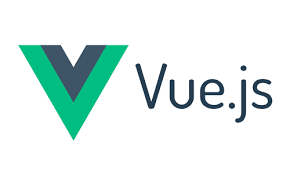
Vue.js is a progressive JavaScript framework for building user interfaces. It is similar to Angular and React in terms of functionality, but is considered to be more lightweight and easy to learn. Vue.js has a smaller learning curve than Angular and React, making it a popular choice for developers new to web development.
Express.js:
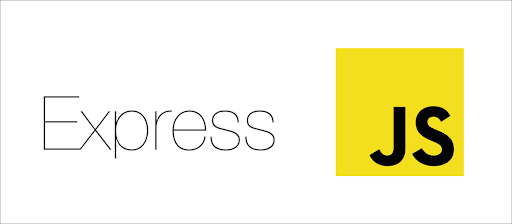
Express.js is a minimalistic and flexible web application framework for Node.js. It provides a robust set of features for web and mobile applications, allowing developers to create high-performance, scalable, and maintainable web applications. Express.js is widely used for creating RESTful APIs and server-side rendering.
Ruby on Rails:
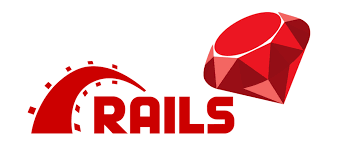
Ruby on Rails, also known as Rails, is a web application framework written in Ruby. It is designed to make programming web applications easier by making assumptions about what developers need to get started. Rails are known for its "convention over configuration" approach, which allows developers to get up and running quickly.
In conclusion, each of these frameworks has its own strengths and weaknesses, and the best one for a particular project will depend on the specific requirements of the project. Angular, React, and Vue.js are all good choices for building dynamic user interfaces and single-page applications, while Express.js and Ruby on Rails are well-suited for building web applications and APIs.
If you like this post, please like this and follow me for more content like this :)
Subscribe to my newsletter
Read articles from Aman Yadav directly inside your inbox. Subscribe to the newsletter, and don't miss out.
Written by

Aman Yadav
Aman Yadav
Hey, I am pursuing Btech with a specialization in Artificial Intelligence and Machine Learning